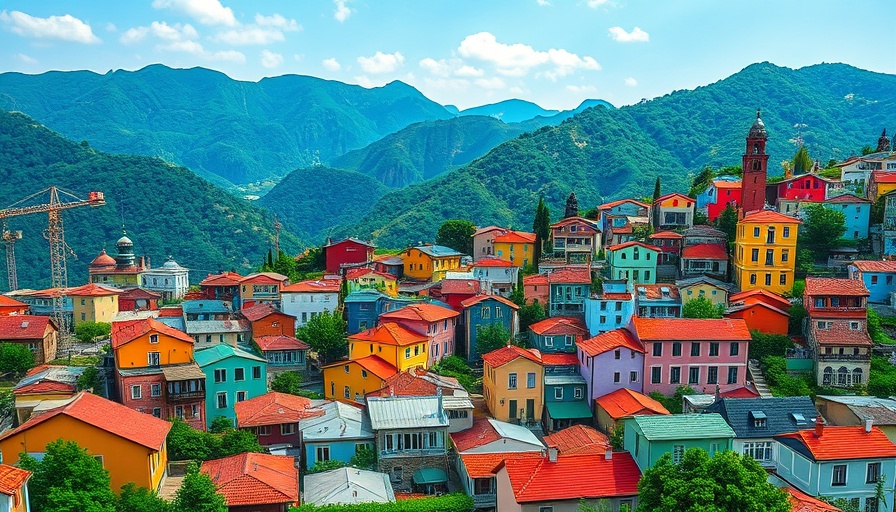
Discover Sikkim: A Hidden Gem Worth Exploring
Sikkim, the second smallest state in India, captivates visitors with its stunning landscapes, vibrant culture, and welcoming communities. For first-time travelers, this northeastern paradise presents a myriad of breathtaking destinations, ranging from serene lakes to majestic mountain peaks. The charm of Sikkim is not just its natural beauty but also the warmth of its people, ensuring an immersive experience for all types of travelers.
Gangtok: The Heart of Sikkim's Adventure
Starting with Gangtok, Sikkim's capital, you’ll find yourself in one of India’s cleanest hill stations. This bustling hub is the perfect launchpad for adventures, offering a unique blend of modernity and tradition. As you stroll along the vibrant mall road, illuminated by twinkling lights, explore local eateries serving authentic Sikkimese delicacies. Gangtok’s charm lies not only in its natural attractions like Tsomgo Lake and Nathula Pass, but also in its role as a cultural epicenter for Tibetan Buddhists.
North Sikkim: A Treasure Trove of Natural Wonders
Venture further into North Sikkim to uncover enchanting locations such as Yumthang Valley and the sacred Gurudongmar Lake. Each destination offers breathtaking views and a sense of tranquility that will rejuvenate your spirit. Yumthang Valley is particularly famous for its vibrant rhododendron flowers, while Gurudongmar Lake, one of the highest lakes in the world, creates a captivating experience with its serene surroundings.
Exploring South and East Sikkim
Don’t miss out on the southern and eastern regions, featuring towns like Namchi and Zuluk. Namchi is renowned for the giant statue of Guru Padmasambhava and offers panoramic views of the Kanchenjunga range. Meanwhile, Zuluk, with its stunning terraced landscapes and winding roads, serves as a picturesque escape into nature's embrace.
Why Sikkim Should Be Your Next Destination
Sikkim isn’t just about stunning vistas; it’s a cultural mosaic that offers experiences steeped in history and traditions. Whether you’re hiking in the serene mountains or savoring local flavors, every moment in Sikkim is enriched with the essence of this unique place. Embrace the beautiful mosaic of adventure and culture in Sikkim, and you’re bound to create unforgettable memories.
 Add Row
Add Row  Add
Add 




Write A Comment